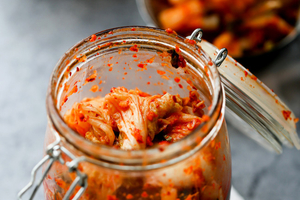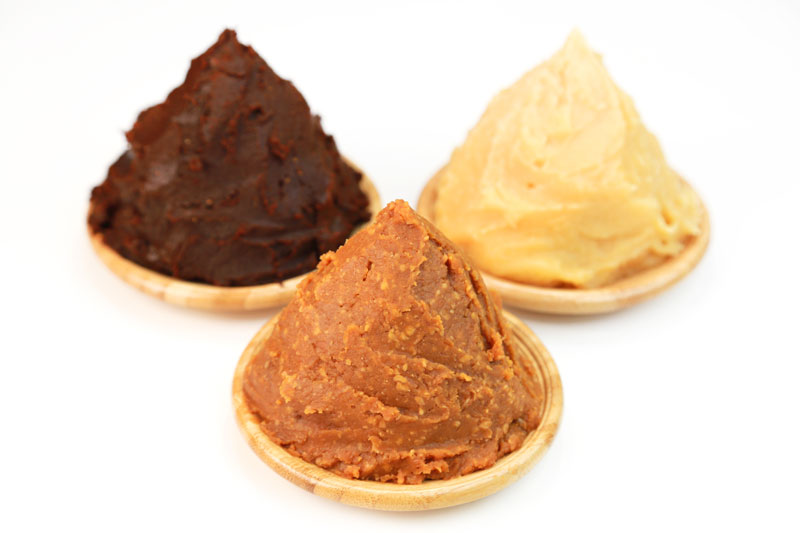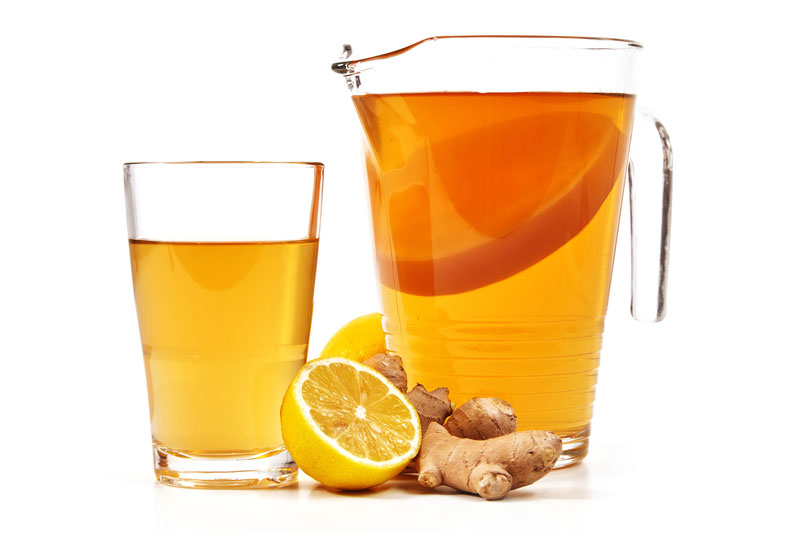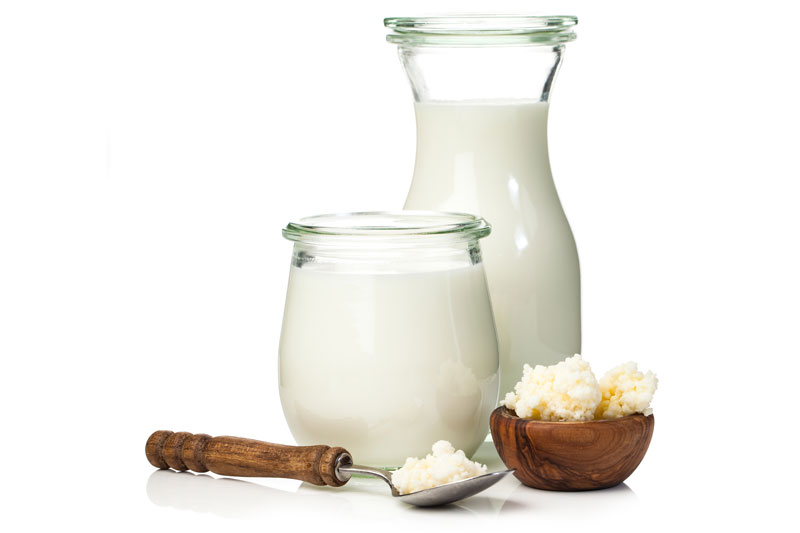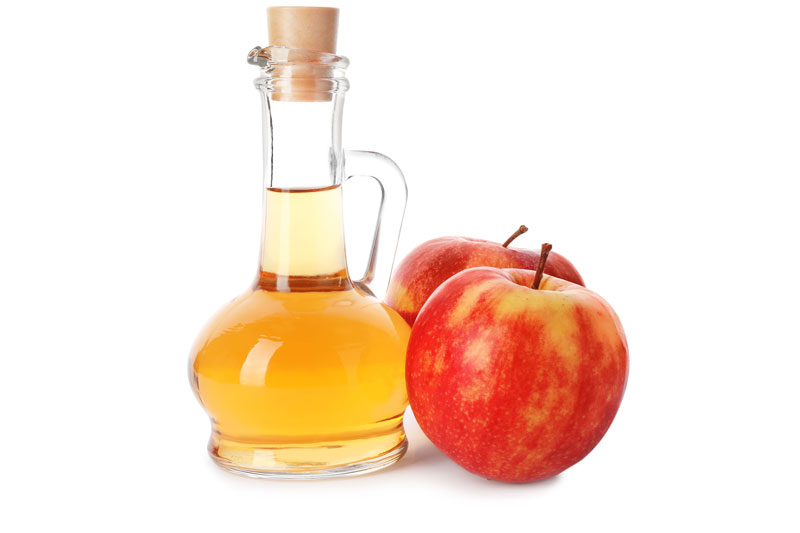What’s The Big Deal With Fermented Foods?
Fermentation happens when a substance is broken down by enzymes in bacteria or yeast. Doesn’t sound very tasty, does it? And yet it produces some of the world’s most popular food products. People consume more fermented products than they probably realise – bread, cheese, chocolate, yoghurt, pickles, wine, beer and cider, for instance, have all gone through a process of fermentation.
Many claims have been made that some fermented products can offer a massive boost to our health, and science is constantly uncovering new information about the relationship between consuming these and our levels of immunity, gut health and even happiness.
There’s been an explosion in recent years in the availability of several types of fermented foods on supermarket shelves – these include Sauerkraut, Kimchi, Kefir, Tempeh, Miso and Kombucha. So what’s the big deal with this stuff? Does it really improve your health? And can it really make you happier? Let’s take a closer look….
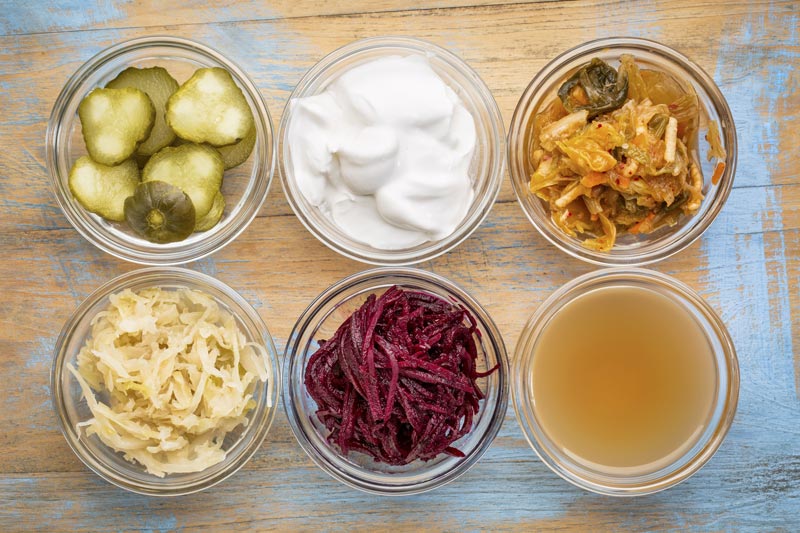
What happens when you eat fermented foods?
Fermenting food encourages the growth of live bacteria and yeasts. Anyone who doesn’t like the sound of having bacteria inside them should be reassured that bacteria can be very good as well as bad. Amazingly, scientists estimate there are around 3-10 times as many bacteria cells as human cells inside every one of us. When we consume probiotics (foods that contain these good bacteria), they flourish in our digestive system and work with us to fight off bad bacteria, whilst keeping our body working efficiently and healthily.
Fermented foods really can make you happier
A landmark Cambridge University study from 2010 called ‘Assessment of psychotropic-like properties of a probiotic formulation’ reported that subjects fed Lactobacillus helveticus and Bifidobacterium longum, a formulation of probiotics commonly found in fermented foods, experienced a reduction in psychological distress. The study’s authors noted “probiotics might offer a useful novel therapeutic approach to neuropathological disorders and/or as adjunct therapies in psychiatric disorders”. These findings were confirmed by further research done in Texas in 2011, where the professor in charge said “The connection between gut microbes and the nervous system represents a viable route for influencing neurological function.”
A panacea for digestive health
If you’re plagued by one or more of the common disorders of the digestive system, the probiotics found in fermented food could really sort you out. They’re excellent for treating and preventing irritable bowel syndrome, diarrhoea and inflammatory bowel disease. They have also been shown to relieve pain, bloating, gas and constipation. A paper published in 2018 even showed that bacteria in fermented products can be used to alleviate the clinical symptoms of lactose intolerance. Another paper from the same year concluded that probiotics might help to rebalance the gut flora in a positive way, shifting from pro- to anti-inflammatory, thereby reducing the risk of a whole host of chronic diseases.
Fermented foods are wonderful for for diabetics
A randomised, double-blind, placebo-controlled study from 2015 showed that consumption of probiotics from fermented food significantly improved the glycaemic control of Type 2 Diabetes patients, while a 2017 roundup of all the available literature on the subject concluded that probiotics can improve glucose control and lipid metabolism in diabetics. Although scientists are more and more convinced the gut bacteria play a big role in diabetes, it’s still relatively unclear how – although many suspect it has something to do with the absence in diabetics of a type of beneficial bacteria called Akkermansia muciniphila, which can improve insulin resistance and reduce blood glucose spikes.
Vinegar, it turns out, is amazingly good for you. Even the amount used in a vinaigrette to dress a single serving of salad, taken every day, can do wonders for many aspects of your health. It can reduce spikes in blood sugar after a meal by 20%. This may be because vinegar delays the speed at which food moves through the gut, which has the added bonus of leaving us feeling fuller for longer. In 2010, Japanese researchers discovered that vinegar enhances the function of our arteries by relaxing the blood vessels and thereby improving the flow of blood.

